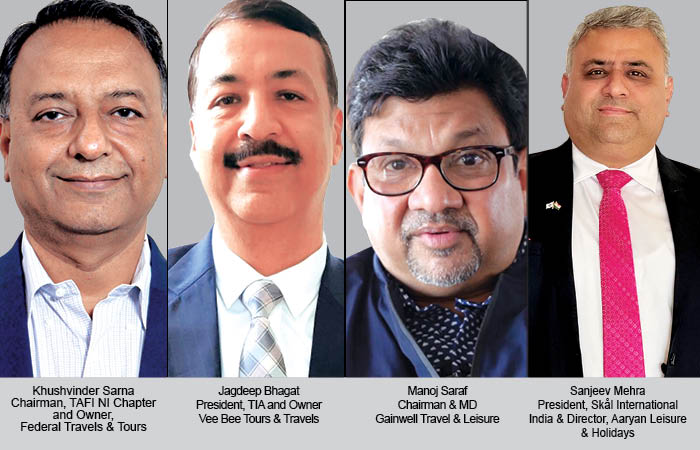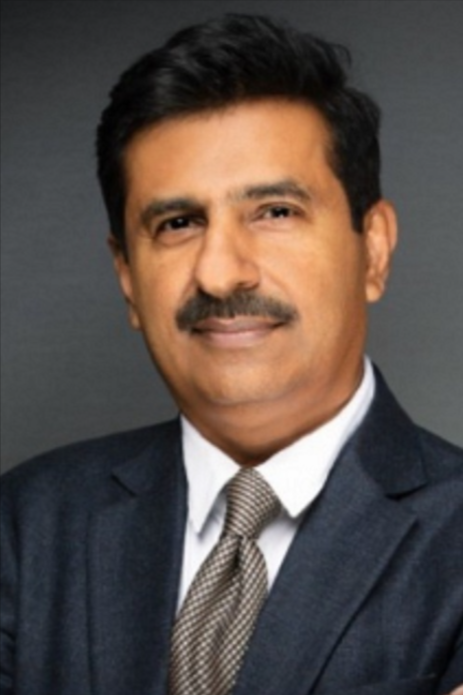Industry leaders are cautiously optimistic about Vistara’s merger into Air India, making it the only Full-Service Carrier (FSC) in Indian skies. While this could mean restricted choices, they believe that Air India is unlikely to exploit its position due to highly cost-sensitive consumers and competition from ever-innovating LCCs like IndiGo.
Surbhi Sharma
With Vistara merging into Air India on 12 November, India’s aviation landscape has reached a significant inflection point. This leaves India with just one Full-Service Carrier (FSC). This consolidation reflects the challenges of maintaining a competitive, full-service airline amidst a rapidly growing yet fiercely cost-conscious market.
Khushvinder Sarna, Chairman, TAFI NI Chapter and Owner, Federal Travels & Tours, said, “The monopoly by Air India may reduce competition, potentially leading to higher fares and fewer service innovations. For the travel industry, this could mean restricted choices for premium travellers, affecting both domestic and international itineraries.” He noted that while a single FSC might stabilise the premium segment, the lack of rivalry could hinder growth. Low-cost carriers (LCCs) are already adapting by offering premium services, further blurring the lines between FSCs and LCCs. Sarna anticipates that India’s growing market demand could pave the way for another FSC. Jagdeep Bhagat, President, TIA and Owner, Vee Bee Tours & Travels, asserted that Air India, despite being the sole FSC, is unlikely to exploit its position due to highly cost-sensitive consumers and competition from LCCs like IndiGo.
“Competition of the regulated fares on UDAN routes also maintains a check on Air India to charge exorbitant fares. On international routes, it may have a little advantage to play on the fares, particularly on long haul non-stop flights,” he added.
Manoj Saraf, Chairman & MD, Gainwell Travel & Leisure, noted that distinction between FSCs and LCCs is becoming increasingly blurred. With Air India operating its low-cost subsidiary Air India Express and LCCs introducing premium features, the market dynamics are evolving. “In the last 33 years, Gainwell has witnessed the closure of about six to seven carriers in India, which includes FSCs like Kingfisher and LCCs like Damania and ModiLuft. All have helped in expanding the aviation market and, therefore, if more carriers were to come in, it would make things competitive,” he said.
However, Sanjeev Mehra, President, Skål International India and Director, Aaryan Leisure & Holidays, views Air India’s monopoly as a double-edged sword. “While it strengthens India’s global aviation presence, it reduces competition domestically, affecting consumer choice and pricing,” he said.
“For travellers, fewer choices may mean compromised flexibility, particularly in premium and international segments. The travel industry could face challenges in maintaining competitive offerings, as dependency on a single carrier grows. However, this monopoly also creates an opportunity for Air India to become a global leader. By prioritising customer satisfaction, modernising its fleet, and collaborating with industry stakeholders, the airline can set new standards for Indian aviation.”
 TravTalk India Online Magazine
TravTalk India Online Magazine





